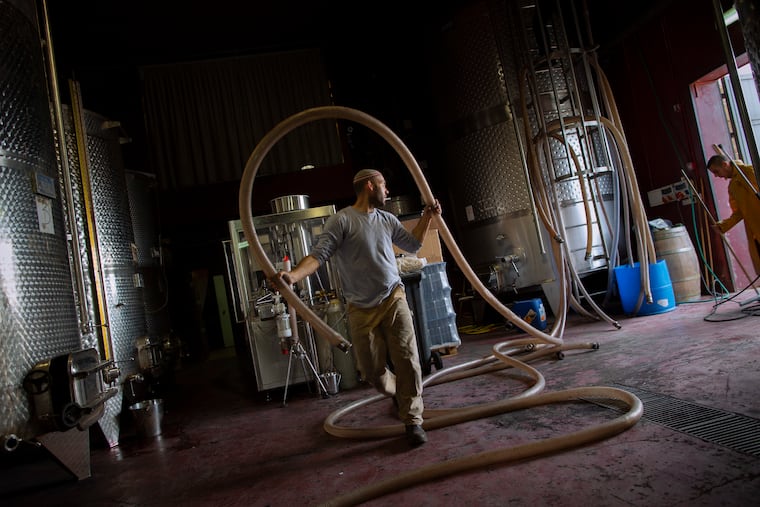Singapore on the Jordan?
It’s impossible to say whether the Palestinian private sector would thrive in an independent state, but it is stifled under current circumstances.

In the absence of any peace process, U.S. and Israeli officials have often suggested that economic sweeteners might make continued Israeli rule more palatable.
Terms like “Palestinian Singapore” and “Dubai on the Med” were tossed around in the past, as if largely rural economies under occupation could turn into high-tech wonders. Unfortunately, the West Bank economy (not writing about Gaza here) is tied so closely to political developments that it’s nearly impossible to expand it while the political process is frozen. Especially the private sector.
Sam Bahour, a well-known Palestinian American businessman and tech entrepreneur who has tried to develop start-ups in the West Bank, gave an example that summarizes why.
“For the last three or four years,” he told me in his spare office in Ramallah, “Israel has been promising West Bank Palestinians 4G [mobile internet coverage], and we’re still waiting.”
The need for faster internet service is so essential to attracting investors that even President Joe Biden raised it with the Israeli government on his trip to Jerusalem in July. It still hasn’t happened.
One must ask why Israel is holding back. Is it bureaucracy, overblown security concerns, sheer indifference, or worse, no desire to see a Palestinian tech sector develop — even when the U.S. president takes the trouble to raise the issue?
Whatever the reason, the West Bank’s slow 3G connections keep investors away.
Meantime, with the one-state reality becoming the new normal, the West Bank economy is almost totally dependent on Israel, other than outside aid money donated to the Palestinian Authority for salaries and U.N. money to refugee camps.
Officially, 150,000 Palestinians go through time-consuming security checks daily to commute to farm or factory work inside Israel. (And Israel often withholds tax money it collects from Palestinian workers.)
Israel has outsourced entire industries, such as plastics and paint production, to West Bank cities, along with assembly in box factories of goods that will be finished back in Israel so they can be labeled “Made in Israel.” Even popular Tura wines are labeled “Made in Israel” to avoid European Union sanctions on West Bank products.
And Palestinian efforts at homegrown products often fail under the weight of Israeli restrictions. Example: the successful Amoro mushroom factory in Jericho, which had to close when Israel blocked imports of fertilizer from the Netherlands for so long that production was ruined.
“Israel didn’t want competition with products they export to the West Bank,” Bahour explained.
Over the decades, I have watched similar efforts to develop local West Bank and Gaza products fail due to Israeli blockage of imports or exports for security reasons, or inability to move goods in a timely fashion through Israeli checkpoints.
Under the Netanyahu government, settler seizure of land and destruction of Palestinian crops — along with Israel’s total control of water resources — undermines agriculture.
It’s impossible to say whether the Palestinian private sector would thrive in an independent state and overcome a heavy-handed, often corrupt governing bureaucracy. But one thing is certain: The West Bank won’t become a Singapore on the Jordan River under current circumstances. Full stop.